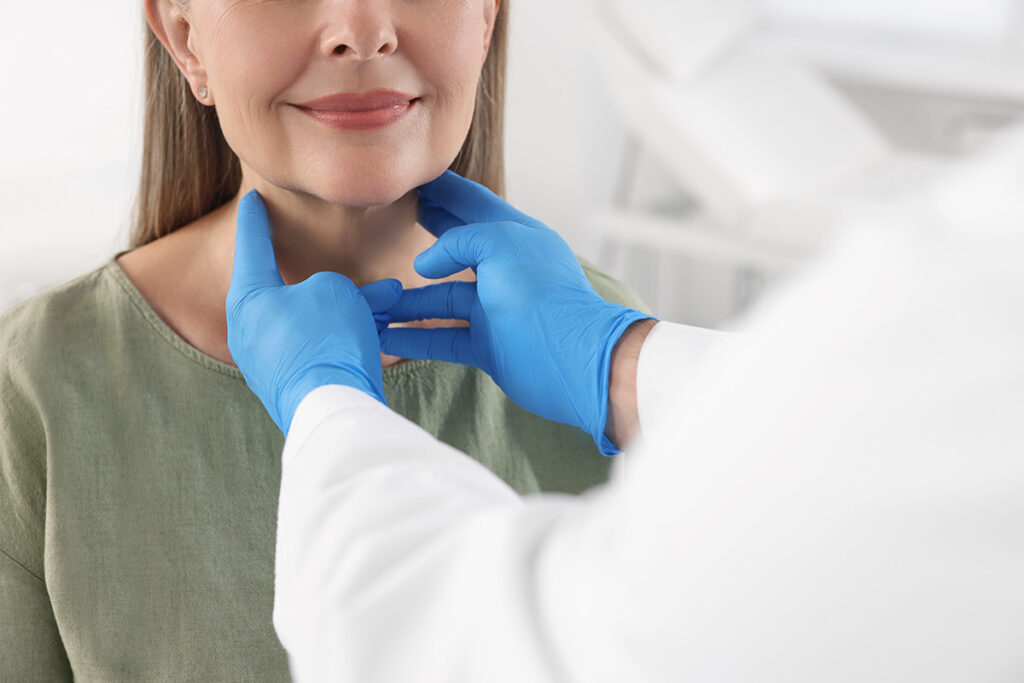Inspire Post-Operative Discharge Instructions

After anesthesia
- Do not drive or operate machinery for 24 hours or while taking pain medication.
- Do not consume alcohol, tranquilizers, sleeping medications or any non-prescribed medication for 24 hours mor while taking opioid/narcotic medications.
- Do not make important decisions, sign any important papers, or use internet for the next 24 hours.
- You should have someone with you at home for 24 hours.
Wound care
- The incisions are covered by pressure dressings over Steri-strips. The incisions are closed with absorbable sutures under the skin.
- Please leave pressure dressing on for 48 hours after surgery.
- After the pressure dressing is removed, keep the Steri-strips in place until they come off on their own.
- You may place a clean bandage over incisions and Steri-strips as needed.
- After 48 hours, you may get incisions wet with warm soap and water, but do not soak the incisions. No direct spray from a shower and do not submerge incisions in a pool, bathtub or hot tub. Pat area dry gently.
- Take oral antibiotics as prescribed.
- If skin around incision starts to get red (> 1cm), swollen, and/or more painful, please call the office: (425) 775-6651.
Pain Medications
- Pain is typically mild to moderate. It can be at the incision and in the tongue.
- You will be prescribed a narcotic medication for pain. It is always best to avoid narcotics if possible due to side effects: nausea and vomiting, headaches, itching, constipation, drowsiness, cognitive effects, and the addiction potential. They can worsen sleep apnea and dangerously decrease breathing right after surgery.
- If the pain is not severe, consider taking Tylenol 650mg every 6 hours. Do not take more than 3000mg Tylenol in 24 hours.
- Avoid aspirin for 7 days after surgery
- Avoid direct heat (such as heating pads) to incision sites.
- You may gently place ice over surgery sites as needed. Please place a thin, clean towel over skin first and then place ice bag over towel. Direct contact with the skin can cause damage. Ice for 10 minutes at a time every hour.
Activity
- Do not pick up anything greater than 5 pounds with right hand/arm for 10 days. After 10 days, you may increase weight to 10 pounds.
- Avoid any activity that requires extreme twisting of the neck.
- No strenuous activity (running, jogging, lifting weights, gardening, sports) for 2 weeks or until cleared by physician.
- You may walk for exercise starting the day after surgery.
- Perform neck rolls and neck extension exercises, 10 clockwise and 10 counterclockwise with 10 up and down – 3 times per day. Start these one week post-operatively.
Diet
- Resume normal diet
- Please call the clinic if nausea makes it difficult to eat or drink.
Hygiene
- Please wait until 48 hours after surgery before getting incisions on neck, chest, and torso wet.
- In the first 48 hours after surgery, will likely need to take sponge baths.
Post-Operative Clinic Appointments
- 1 week: suture removal and wound check in the office.
- 1 month: device activation and wound check in the office.
- 2 months: device titration and discussion of a sleep study. This can be a home sleep study or in-lab, depending on response to stimulation therapy and amount of use. We may repeat this appointment as appropriate.
- 4-6 months: final wound check in the office.
- Yearly: device check.
- Office number: (425) 775-6651
Scar Care
- After incisions have healed, you will have a scar, which will continue to evolve over the course of 12 months. Wound care will help minimize scar formation.
- If you are out in the sun with incision exposure, please remember to place sunscreen (SPF 30) over the incision and surrounding skin for at least the first year after surgery.
- You may use vitamin E or “Scar ointment/cream” to help soften scar. Please wait one month after surgery before starting this. These are available at any pharmacy in the wound care section.
When to call your doctor
- Nausea: If nausea or vomiting continues beyond the day of surgery, anti-nausea medications or a change in pain medication may be needed.
- Fever: 101 degrees F (38.5 deg C) or above may require increasing fluid intake or the need for antibiotics.
- Dehydration: Drinking adequate fluids is essential to recovery, call if patient is not drinking enough. Symptoms of dehydration are lethargy, increased pain, low amount of urination.
- Bleeding: If significant bleeding occurs, call the office.
- Pain: Excessive pain not decreased with pain medication and ice.
Note: Some pain medications require a written prescription at the pharmacy, so call for refills before you run out of medication.
For questions, concerns, medications, or emergencies, call our office day or night. (425) 775-6651
Puget Sound Ear, Nose and Throat – Dr. John Parker, Dr. Michael Wolfe, Dr. Tyler Kimbrough, Dr. Lisa Mulligan, Dr. Amy Anstead
Request an Appointment
Same and next day appointments available
